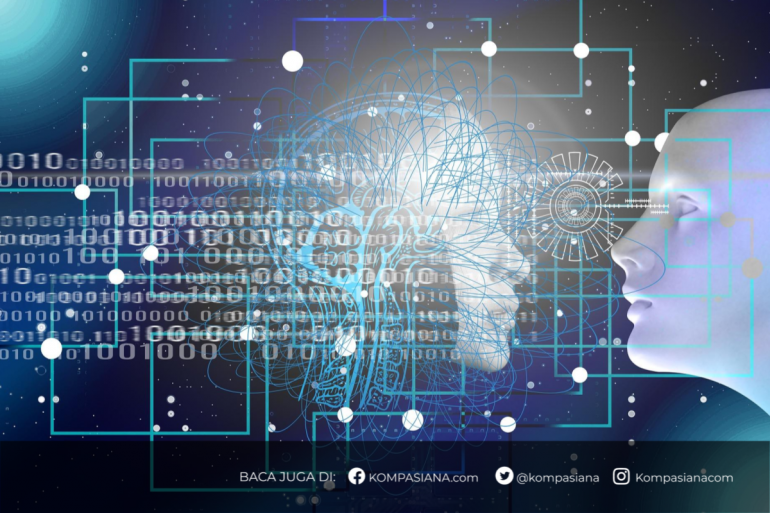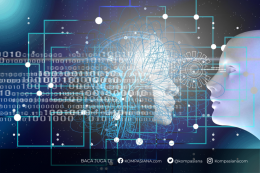The rise of superintelligence prompts ethical debates regarding the rights and moral standing of such entities. The question arises whether they should be viewed as mere instruments or if they deserve moral consideration akin to humans or animals, leading to discussions on the ethical treatment of AI and the accountability of its creators.
4. Societal Impact.
The emergence of superintelligence could instigate profound societal changes. While it has the potential to address critical global challenges like disease, poverty, and environmental issues, it also risks causing widespread job losses, economic disparities, and social upheaval if its advantages are not shared fairly.
5. Priority and Resource Allocation.
There is an argument that concentrating on the speculative future of superintelligence might shift focus and resources away from immediate AI challenges, such as bias, lack of transparency, and the effects of automation on employment. The debate centers on how to weigh these immediate concerns against the long-term dangers of superintelligence.
6. Transhumanism and the Future of Humanity.
Discussions on superintelligence frequently occur within the context of transhumanism, which promotes the use of technology to enhance human cognitive, physical, and psychological traits. The development of superintelligence could hasten transhumanist objectives but also prompts reflection on the future of humanity and the essence of being human in an era where machines might exceed human capabilities.
Towards a Holistic Ethical Framework for Inclusive AI Policy Development
Coeckelbergh explores the imperative need for a holistic ethical framework that not only sets boundaries but also fosters inclusivity and collaboration.(MARK COECKELBERGH, 2020)
1. Crafting a Positive Ethical Framework







